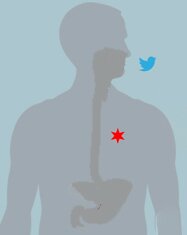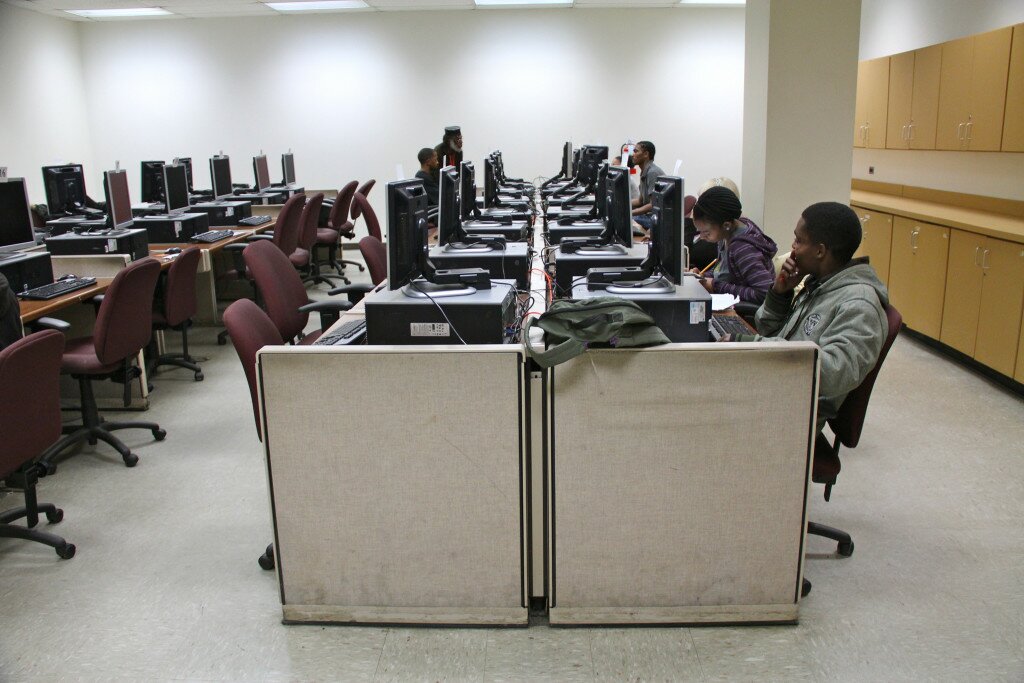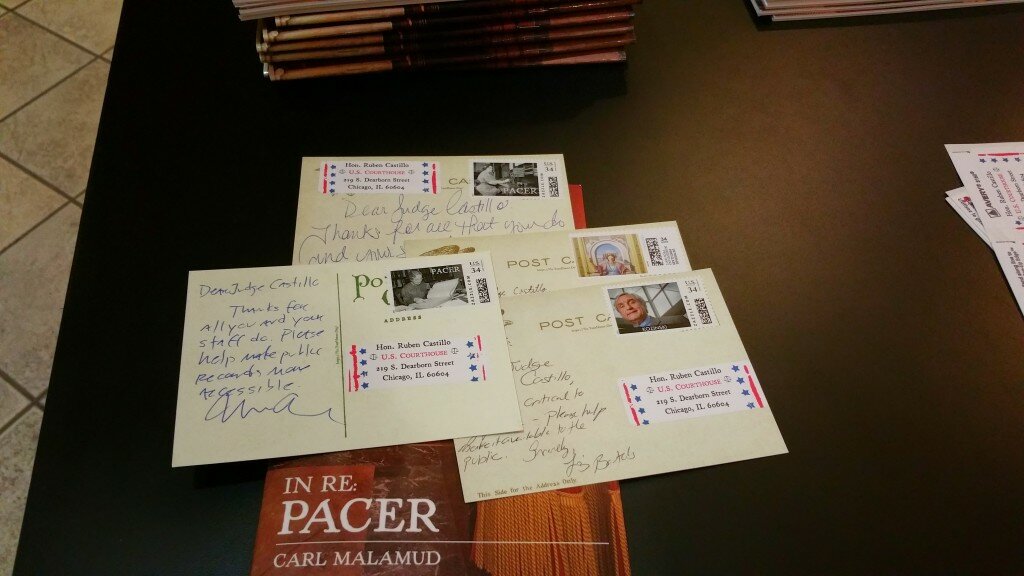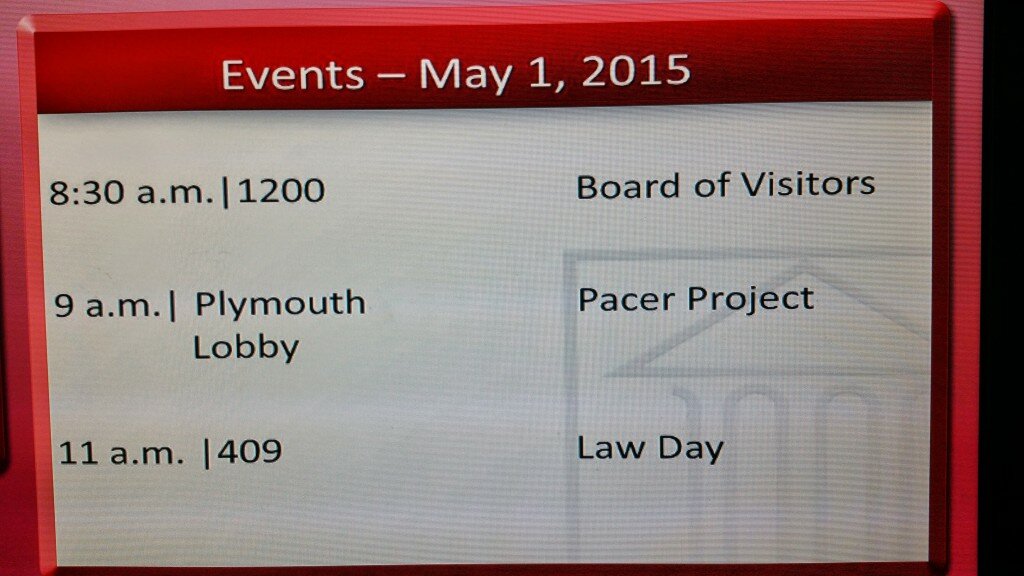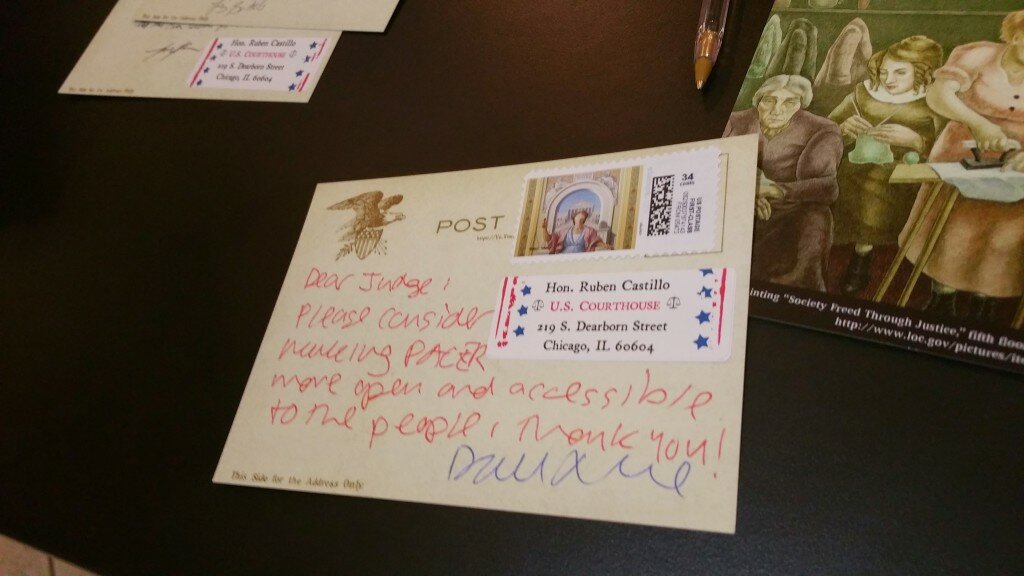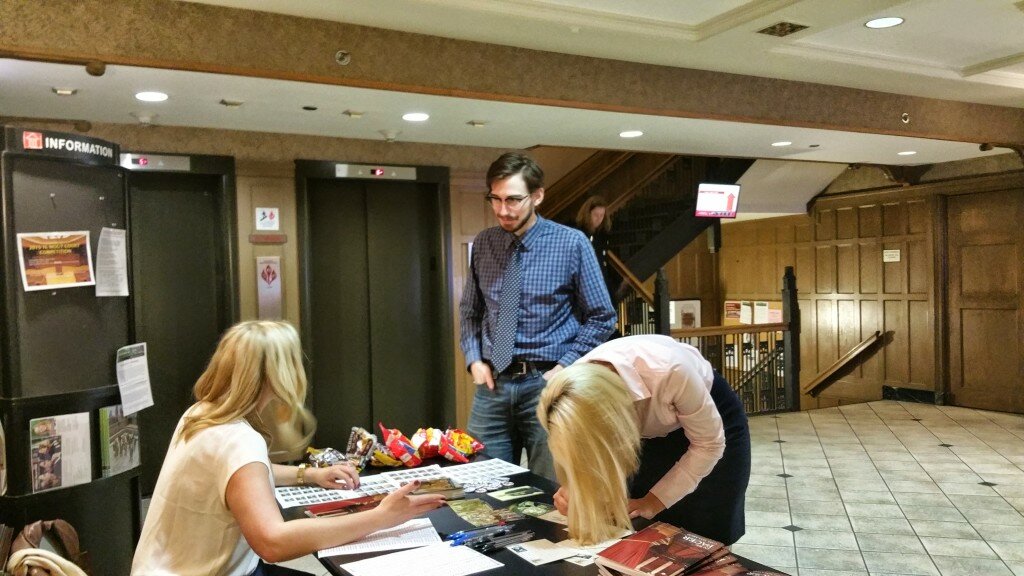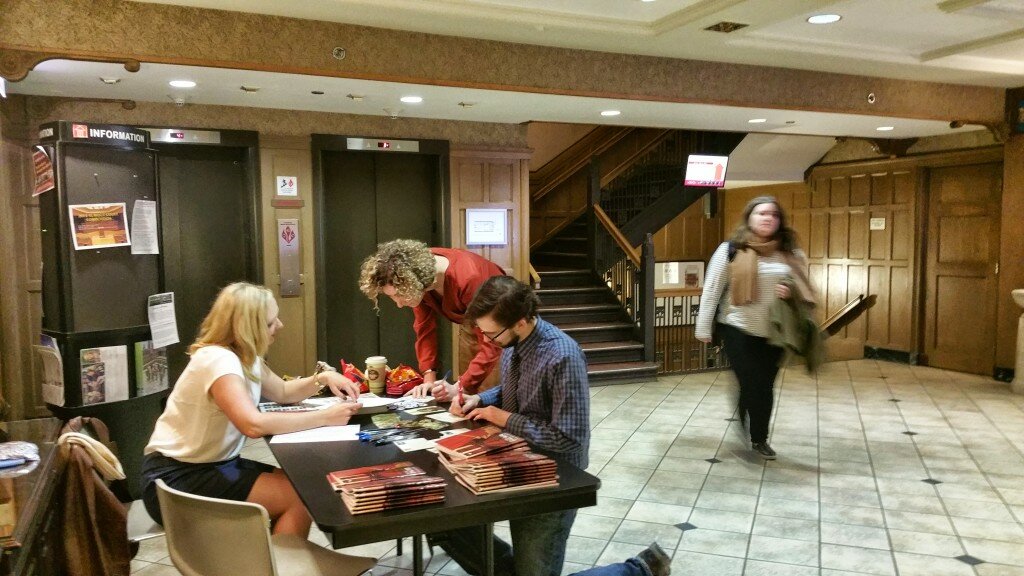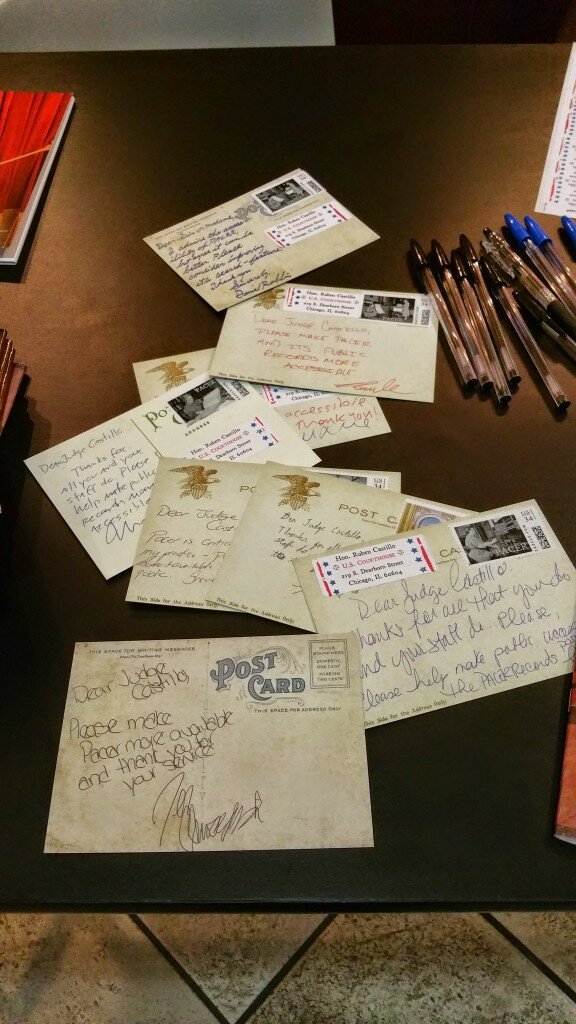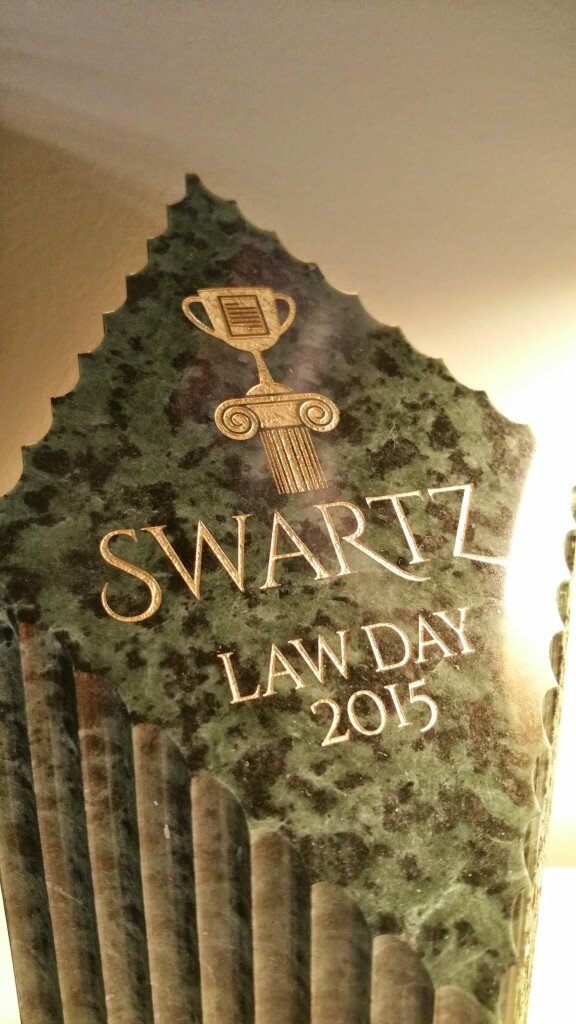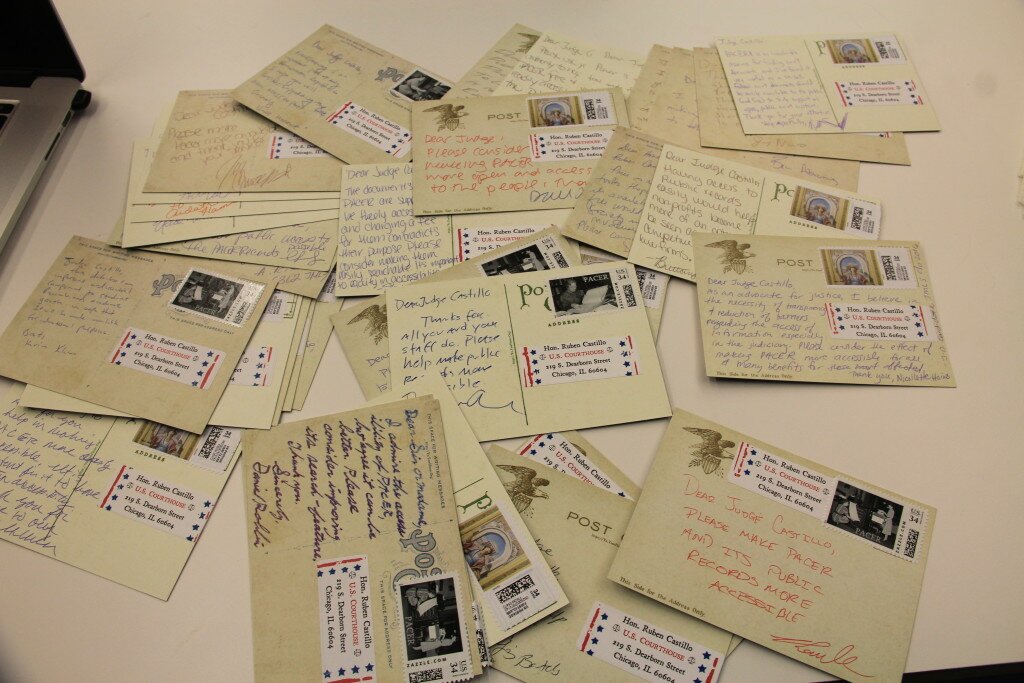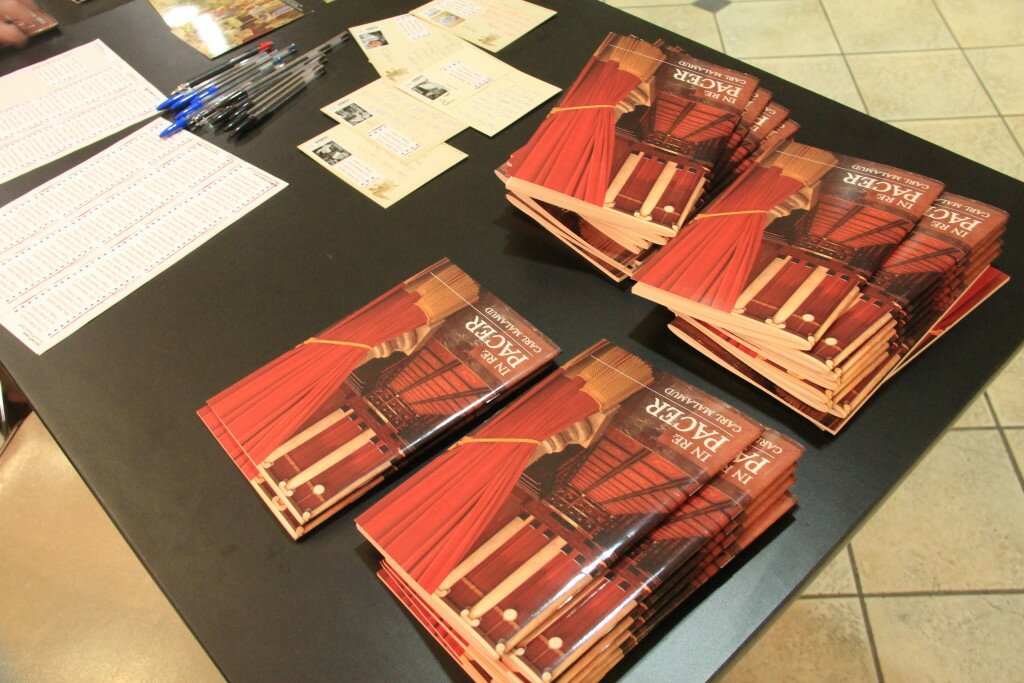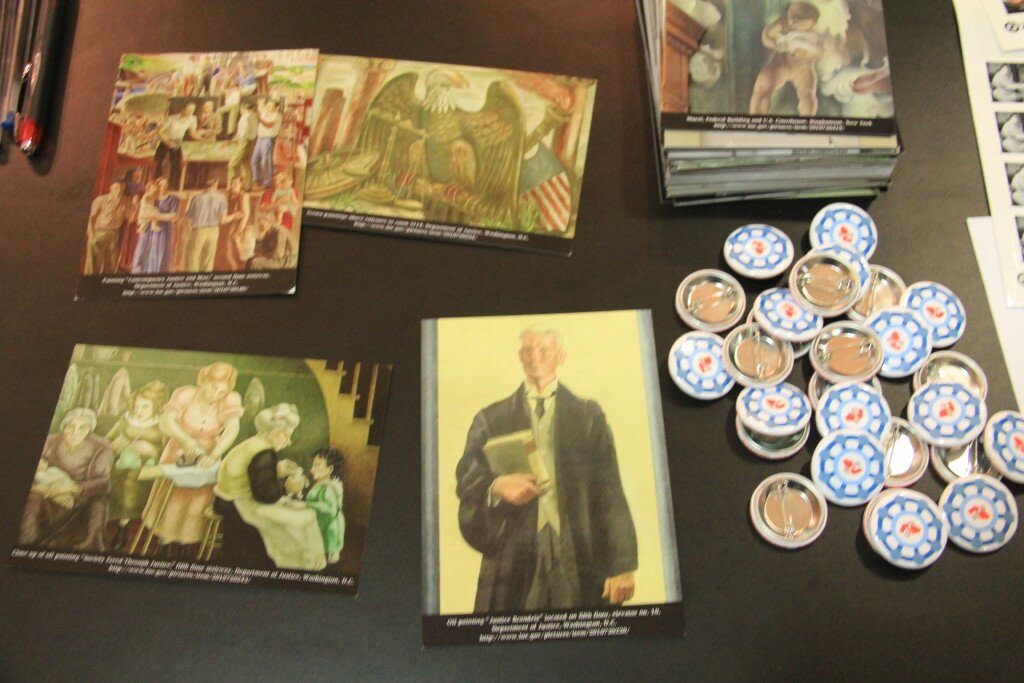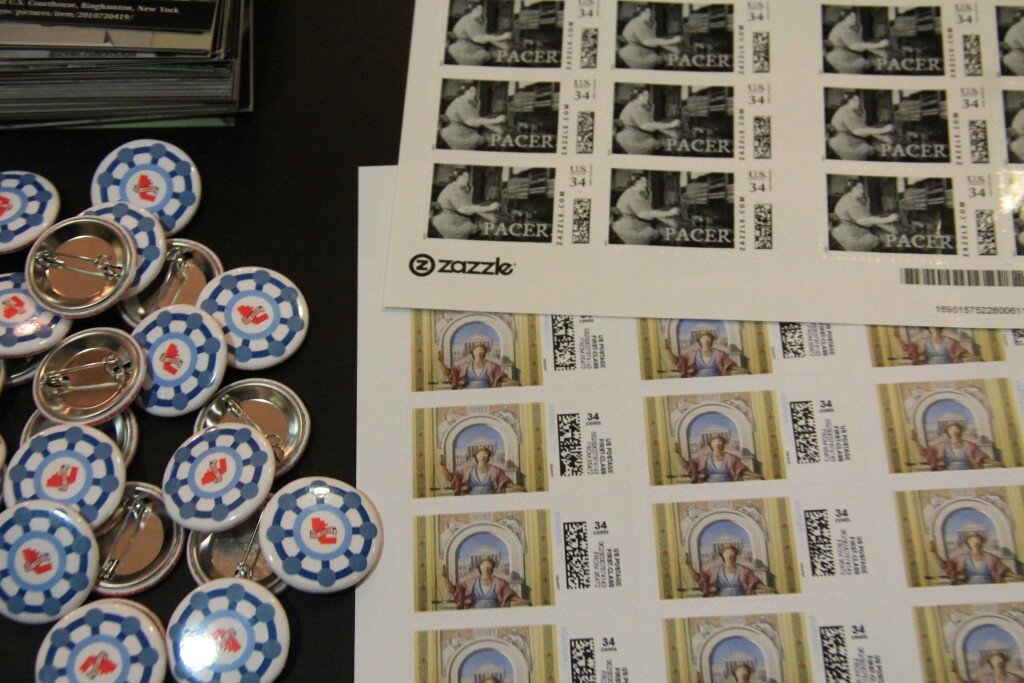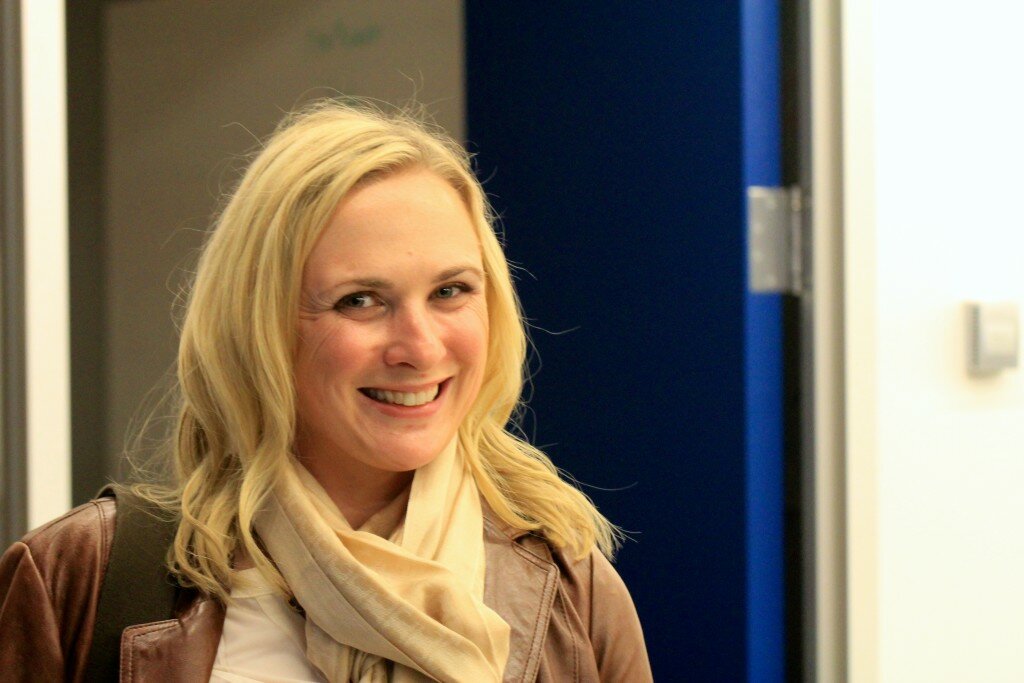Today I was on a panel at the Knight Foundation Media Learning Seminar along with colleagues from three other foundations, along with the Chicago Community Trust, who have formed a cohort doing work around the principles of design thinking. We’ve participated in a number of workshops and we’re sharing our deep dive with others. The hope is that we can move forward the practice of community foundations as they discover and serve the information needs of communities.
Susan Patterson, Program Director at the Knight Foundation, is moderating the panel and she sent along some prompts. This post lays out some thoughts as my primer to the panel.
At Smart Chicago, we’re in a unique position. We’re housed at The Trust, which is the actual partner for the Knight Community Information Challenge (KCIC). The Trust provides matching funds and has been deeply invested in this work, long before Smart Chicago even existed, centered around the journalism ecosystem in Chicago. You can see the river of work that went into that here. There’s also a complete evaluation of the program: “News that Matters: An Assessment of Chicago’s Information Landscape”.
Smart Chicago has been doing work under the KCIC banner since 2012, starting with our Civic Works program, designed to spur support for civic innovation in Chicago. Christopher Whitaker has led that project for us, and it has been hugely successful, helping projects like Roll With Me (accessible transit directions in Chicago), mRelief, (a text-based way to check your eligibility for benefits in Chicago & Illinois), and. We’ve used it to give seats to innovators at 1871 and support collaboration between local government and emerging companies like Textizen.
Our current project under KCIC is the Deep Dive. There are four components; two to expand existing programs for engagement and two that are brand-new:
- Support for the 2015 On The Table— a community-wide conversation involving more than 20,00o people in a single day
- Expansion of the Civic User Testing Group, a set of regular Chicago residents who get paid to test out civic apps. This has allowed us to add hundreds of testers, expand the program to all of Cook County, and conduct more tests
- Our project on Experimental Modes of Civic Engagement in Civic Tech,led by Laurenellen McCann, which includes deep research and explication of community-driven processes for creating technology with real people and real communities
- Lastly, our Un-Summits, which are mass neighborhood convenings around digital skills and data
One of the coolest things about this deep dive cohort is the support and structure that the Knight Foundation has fostered. There are a number of components.
We’ve gotten together, as a group, three times now to learn specific methods for design thinking— formal methods problem-solving. The best thing I’ve learned on this is interview tactics— how to find hyper-users, how to design a questionnaire, and how to conduct interviews that yield actionable information.
It’s the specific skills— not aphorisms, anecdotes, or notions— that I really value.
We’ve also done some online collaboration, which frankly hasn’t worked all that well. I’ve learned that choosing and imposing new software or processes on people never really works. It’s the genuine expressions of an organization that really make an impact. Again, that’s why I value specific modes, specific actions, that are genuine.
Lastly, I really appreciate the work of ORS Impact— the formal evaluators of our program. They’ve created a theory of change that really makes sense and pulls together a set of threads into a coherent narrative.
We look forward to continuing our work in this cohort. In fact, we’re hosting our next meeting here in Chicago in September.
Here’s the panel in full:
KCIC Deep Dive Presentations; Design Thinking and Learning Together
Moderators: Susan Patterson, co-director, KCIC, Knight Foundation
Panelists: Daniel X. O’Neil, Chicago Community Trust/Smart Chicago Collaborative; Kelly Ryan, CEO, Incourage Community Foundation; Emmett D. Carson, Ph.D., CEO, Silicon Valley Community Foundation; Chris Daggett, president & CEO, Geraldine R. Dodge Foundation
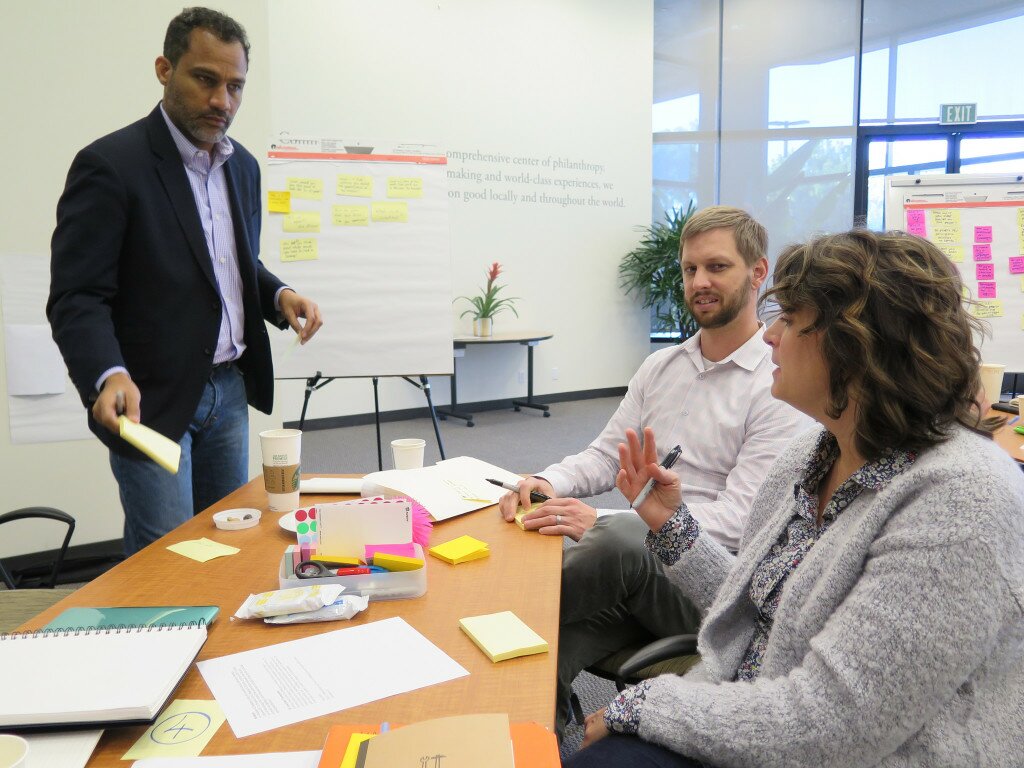
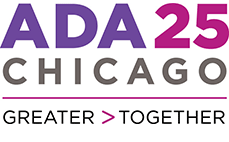 Please join us on May 22nd to discuss opportunities to improve public and open accessibility data in our community.
Please join us on May 22nd to discuss opportunities to improve public and open accessibility data in our community.